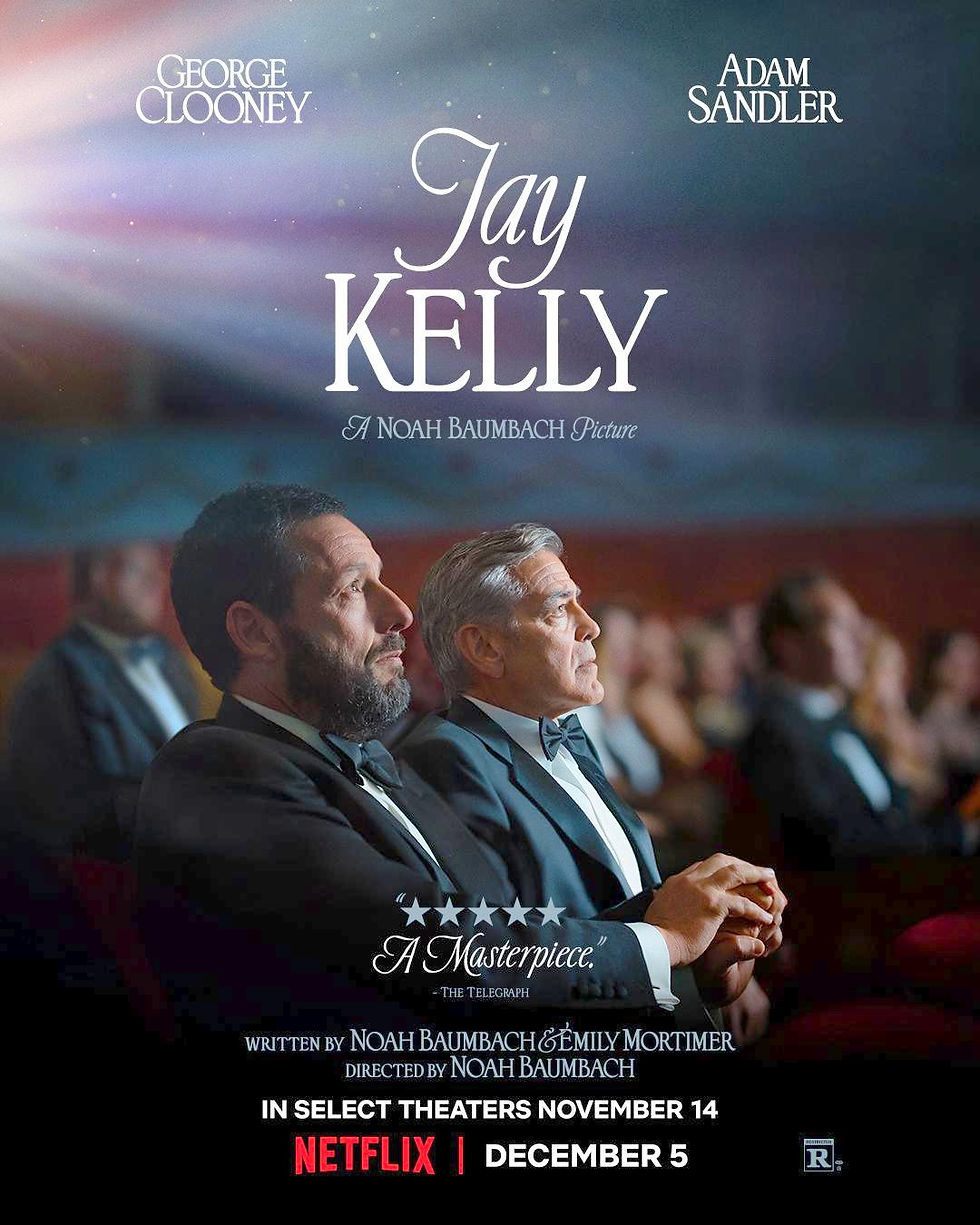Belfast ★★★
- 2filmcritics

- Jan 9, 2022
- 4 min read
Availability: Currently in some theaters and for home rental or streaming on multiple sites, including Apple TV, Amazon and Google Play; see JustWatch here.
“For those who left”
Set in 1969, at the beginning of the “The Troubles” in Northern Ireland’s largest city, Belfast, Kenneth Branagh’s memoir is a child’s eye view—not of the Protestant/Catholic conflict, but of the importance of family and community. The child is wide-eyed, blonde “Buddy,” a naïve 9-year-old, convincingly portrayed by Jude Hill.

Buddy (Jude Hill) and
Pa (Jamie Dornan)
consider life's complexities
in the small space
between the house
and the outdoor toilet.
Branagh, who wrote and directed, opens the action with idyllic child’s play in the street that is suddenly disrupted by a violent and destructive anti-Catholic mob, then moves quickly inside to family drama. Even the exterior scenes have a claustrophobic quality, having been shot mainly on one street of “Belfast 15,” a mostly Protestant block of council housing (i.e., “public housing”), underscoring the close-knit community that Buddy and his extended family inhabit. Other scenes take place in a cramped back-yard space, so small that a conversation can include someone inside the dwelling and someone on the toilet seat in the outhouse. Although the family expresses the belief that the violence will be over soon, “The Troubles,” which pitted pro-England unionists and loyalists (mostly Protestants) against pro-Ireland nationalists and republicans (mostly Catholics), would last for 30 years.
In Branagh’s child’s perspective, the controversy is only about religion, sometimes explained in the simplest possible way; Catholics “kick with the left foot” and are distinguishable from Protestants by their given names.
In Branagh’s child’s perspective, the controversy is only about religion, sometimes explained in the simplest possible way; Catholics “kick with the left foot” and are distinguishable from Protestants by their given names. Turlough Convery is particularly effective as the fire and brimstone Protestant minister, a towering, menacing figure for the boy. And while “The Troubles” will be the reason the family eventually leaves Belfast, it is not the principal conflict that roils Buddy’s family.
“Belfast” has more in common with “The Tender Bar” (2021’s George Clooney-directed memoir starring Ben Affleck) and 1988’s “Cinema Paradiso” than it does with Northern Ireland’s politics. It suffers from some of the same weaknesses as “The Tender Bar” in its glorification of the wise elder and romanticizing of childhood. Judi Dench as Granny and Ciarán Hinds as Pop (grandfather) are secondary characters, delightful to watch but essentially caricatures, dispensing wisdom at every turn, standing apart from the political and economic realities that are reshaping the lives of other family members.

Branagh uses cinema as the touchstone to perceptions and emotions.
Above, the family in the theater, from left, Ma (Caitríona Balfe), Pa, Granny (Judi Dench), Buddy and brother Will (Lewis McAskie).
Portraying reality is not Branagh’s goal. He uses cinema as the touchstone to perceptions and emotions. Clips and music and dialogue from “High Noon” (1952) are interlaced with Buddy’s father’s taking on Billy (Colin Morgan), a Protestant thug-cum-protest leader. The family sees “Chitty Chitty Bang Bang” (1969) in the theater, and when the car goes over a cliff and begins to fly, saving Mom, Dad and the kids, the parallel to saving this family is obvious. The block of council housing even resembles a stage set, the streets pristinely clean (similarly to TV’s “My Brilliant Friend” with its never-before-seen neat and tidy Naples), and ready for choreographed action, often shown in musical-like aerial views. There are, in fact, several song-and-dance scenes. As in “Cinema Paradiso,” film becomes part of memory, even, for Buddy, part of reality. Branagh’s sophisticated use of postwar films is at once a weakness and a strength of “Belfast.” It demonstrates the origins of Branagh’s love of acting and directing and makes his film stand out in relation to the similar—though rather insipid—“The Tender Bar.”
The heart of “Belfast” is the family, not “The Troubles” or, for that matter, Belfast.

Left, Ma and Pa enjoying
one of their happier moments,
singing and dancing.
The heart of “Belfast” is the family, not “The Troubles” or, for that matter, Belfast. Buddy’s parents Ma and Pa (Caitríona Balfe and Jamie Dornan—Balfe is especially good in her role, though both are too handsome and well made-up at all times for real parents) have a relationship at once sexual and loving and at the same time contentious and difficult. Debt, gambling, a job away from home caused by high unemployment in Northern Ireland, a late-in-life pregnancy—these contribute to the strife within the family much more than does the political and religious turmoil that surrounds them.
“Belfast” has its pleasures: it’s well-edited, nicely acted, sweetly nostalgic. Shot mostly in black-and-white, it effectively saves color for the movies within the movie, and for an opening scene of the contemporary city that lets us know things will get better. But it does not rise enough above the young boy’s memory—or at least the adult’s memory of himself as that child—to deal adequately and subtly with conflict. When Buddy shouts “I don’t want to go to England,” he speaks from the heart, but he’s only 9, and hardly well-informed. One hopes for more grittiness, fewer life lessons from the elderly, less clever use of film clips. Perhaps that’s the child’s eye view: not too much dirt, good times with the grandparents, and escape into movies.
Date: 2021
Director: Kenneth Branagh
Starring: Jude Hill, Caitríona Balfe, Jamie Dornan, Judi Dench, Ciarán Hinds, Turlough Convery, Colin Morgan, Lewis McAskie
Country: United Kingdom
Runtime: 98 minutes
Other Awards: 26 wins, including The Toronto International Film Festival’s People’s Choice Award, and 135 nominations to date.




Comments